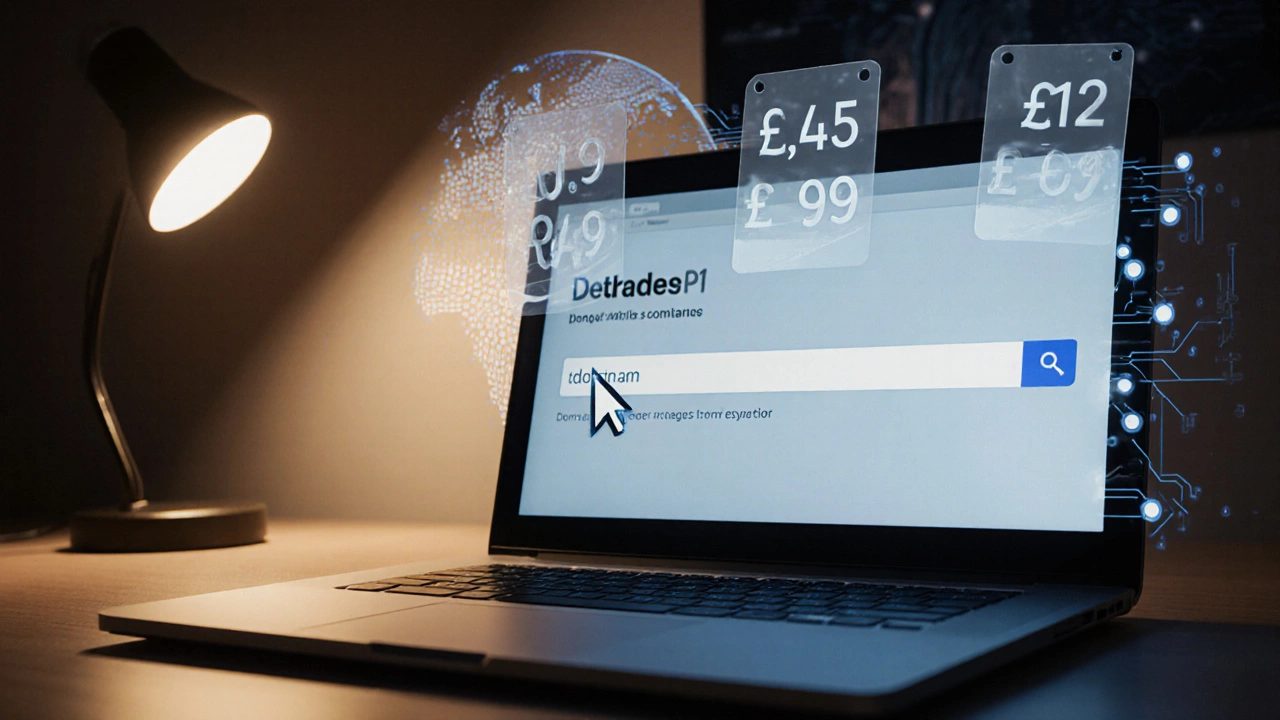When working with Domain Privacy Protection, a service that hides your personal contact details from public WHOIS databases, preventing unwanted solicitations and identity theft. Also known as WHOIS privacy, it keeps your name, address, and email out of reach of spammers and data harvesters. The practice relies on Domain Registration, the process of securing a unique web address through a registrar and often pairs with SSL/TLS Encryption, which secures data transmitted between users and the site. Combined with Website Hosting, the service that stores your site files on a server, these layers form a shield around your online identity.
Why does this shield matter? Personal data leakage can lead to spam attacks, phishing attempts, and even legal hassles. When your WHOIS record shows real contact details, marketers can scrape them for unsolicited campaigns, and cybercriminals can craft targeted scams. Domain privacy protection acts as a barrier, reducing the volume of unwanted emails and protecting your reputation. It also gives you peace of mind knowing that your address isn’t listed alongside every domain you own, which is especially important for small businesses and personal brands.
Cost is another factor many overlook. While a domain name itself may be cheap, the added privacy service can add a few dollars per year. In the broader picture of website costs, this is a modest expense that can save you from larger costs associated with spam cleanup, legal counsel, or reputation repair. Compare this to hosting fees, which usually dominate the budget; a tiny privacy fee often pays for itself many times over by preventing costly security incidents.
Activating privacy is straightforward. First, choose a reputable domain registrar that offers built-in WHOIS masking. When you purchase a domain, opt‑in to the privacy add‑on; many registrars bundle it for free with premium plans. Next, enable DNSSEC to ensure that DNS queries can’t be hijacked, adding another layer of trust. Finally, keep your contact email up to date—most privacy services forward messages to a proxy address so you don’t miss important notices.
Some wonder if privacy hurts SEO. In reality, search‑engine ranking isn’t directly impacted by WHOIS data. What matters is site performance, quality content, and secure connections—areas where SSL/TLS shines. By pairing privacy with HTTPS, you signal to both users and crawlers that the site is trustworthy, which can indirectly boost rankings. Moreover, a clean, spam‑free brand image enhances click‑through rates from search results.
It’s also worth debunking a common myth: privacy does not hide the server’s IP address. The hosting provider’s IP remains visible in DNS records, which is why website hosting choices still matter for security. If you need to conceal the IP, consider a CDN or reverse proxy that masks the origin server while keeping the domain name private.
By now you’ve seen how domain privacy protection ties into registration, hosting, encryption, and overall site health. Below you’ll find a curated set of articles that dive deeper into related topics like web hosting costs, responsive design, freelance rates, and SEO for developers. These resources will help you build a robust, secure, and affordable online presence while keeping your personal information out of the public eye.

Discover the true cost of domain names in 2025, from first-year discounts to renewal fees, hidden charges, and tips for getting the best deal.
Read More